Life is full of strange absurdities, which, strangely enough, do not even need to appear plausible, since they are true
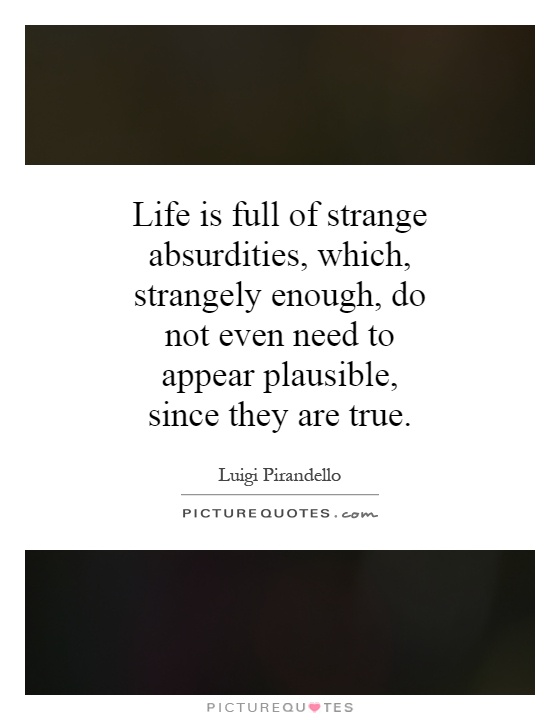
Life is full of strange absurdities, which, strangely enough, do not even need to appear plausible, since they are true
Luigi Pirandello, the renowned Italian playwright and novelist, was a master at exploring the complexities and contradictions of human existence. His works often delved into the absurdities of life, presenting a world where reality and illusion blurred together in a disorienting and thought-provoking manner. One of his most famous quotes, “Life is full of strange absurdities, which, strangely enough, do not even need to appear plausible, since they are true,” encapsulates the essence of his unique perspective on the human experience.In Pirandello’s plays, such as “Six Characters in Search of an Author” and “Henry IV,” he often portrayed characters who grappled with questions of identity, truth, and the nature of reality. These characters were caught in a web of contradictions and uncertainties, struggling to make sense of a world that seemed to constantly shift and change around them. Pirandello’s exploration of the absurdities of life was not meant to provide easy answers or tidy resolutions, but rather to challenge his audience to confront the inherent chaos and unpredictability of existence.
The idea that life is full of strange absurdities that do not need to appear plausible because they are true speaks to the paradoxical nature of reality itself. In Pirandello’s world, truth is subjective and elusive, and what may seem absurd or impossible on the surface can often reveal deeper truths about the human condition. By embracing the absurdities of life, Pirandello invites his audience to question their own assumptions and beliefs, and to consider the possibility that reality is far more complex and mysterious than we can ever fully comprehend.
Pirandello’s exploration of the absurdities of life also reflects his belief in the power of art to illuminate the hidden depths of human experience. Through his plays and novels, he sought to challenge conventional notions of reality and to push the boundaries of what was considered possible in the realm of storytelling. By embracing the strange and the absurd, Pirandello invites us to see the world in a new light, to question our own perceptions and assumptions, and to embrace the inherent contradictions and complexities of the human experience.






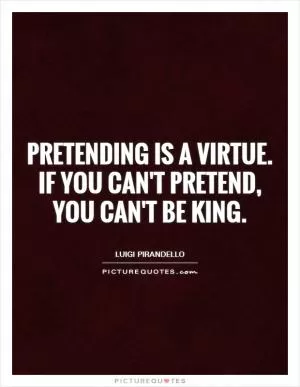

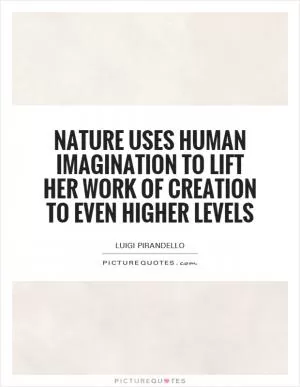

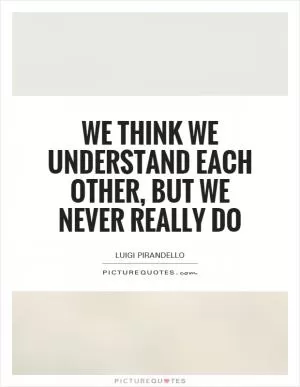
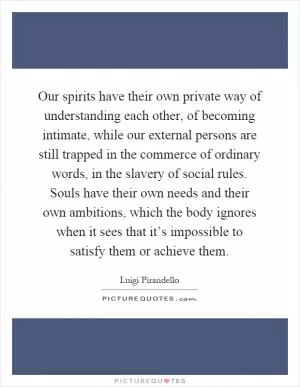
 Friendship Quotes
Friendship Quotes Love Quotes
Love Quotes Life Quotes
Life Quotes Funny Quotes
Funny Quotes Motivational Quotes
Motivational Quotes Inspirational Quotes
Inspirational Quotes